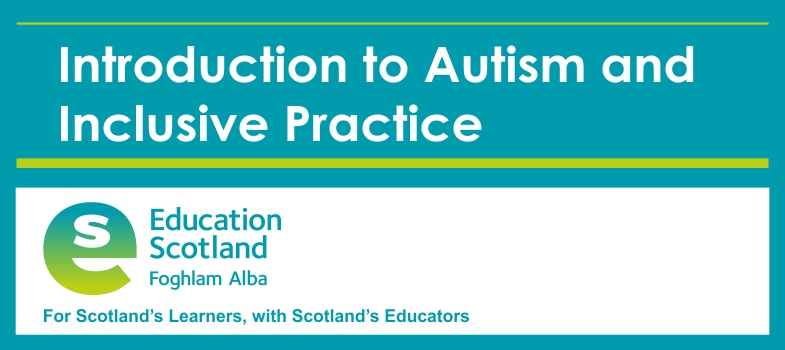1.1 Autism as an identity
Many different terms are used to describe autism and there is no agreement within the community of autistic people, parents and their broader support network or the wider community on the best term to use.
Within the wider community, there seems to be most consensus for the terms ‘autism’ and also ‘on the autism spectrum’.
Within the autism community, many autistic people prefer the use of the term ‘autistic’, for example, autistic adult. The concept of autism spectrum disorder (ASD) has been rejected by some within the autism community because the term 'disorder’ presents the view that autism is a disorder; autism represents a difference not a deficit.
Within the education community, it is unusual to use a term which defines a diagnosis or identification before the words ‘learner’, ‘child’ or ‘young person’. For example, we would not encourage the term a ‘physically or mentally disabled learner’; we would instead encourage the learner to be understood as an individual first before any differences or difficulties. For example, ‘a child with autism’. However, some people within the autistic community have requested the term ‘autistic person’. The module therefore uses either the term ‘autistic learner’ or ‘autistic children’.
If the child, young person or family express a preference for a particular term, this should be respected.
1 Terminology
